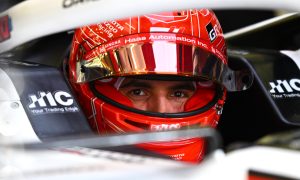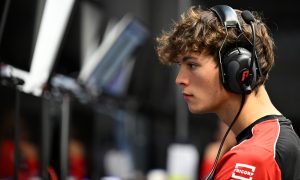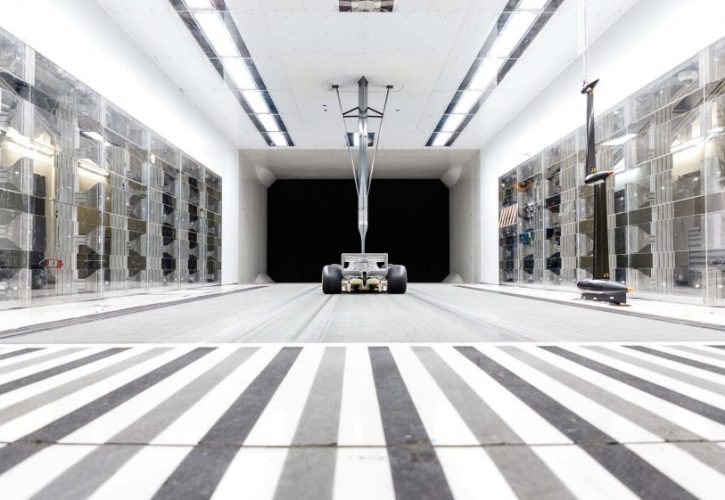
Haas' head of aerodynamics Arron Melvin has questioned whether banning the use of wind tunnels in Formula 1 car development will actually help reduce team costs anjd be good for the sport's future.
The question of whether or not to stop using wind tunnels is currently being debated by teams. It's one of the largest infrastructure developments a team makes and can prove fundamental to future performance.
But the use of computer modelling software (CFD - Computational Fluid Dynamics) in recent years has taken over many of the routine functions of the wind tunnel, leading to talk of a total ban by 2030.
It's part of the sport's push to be carbon neutral. Eight out of the ten current teams on the grid are said to be in favour, but McLaren and Aston Martin have both recently invested in building new wind tunnel facilities.
And now Haas' aero chief has also questioned whether a ban on wind tunnels is the right way for the sport to go.
"I don't believe it's intelligent in terms of cost effectiveness," Melvin told Racingnews365.com in an exclusive interview this week, referring to the estimated annual cost of £1 million per team for running a wind tunnel.
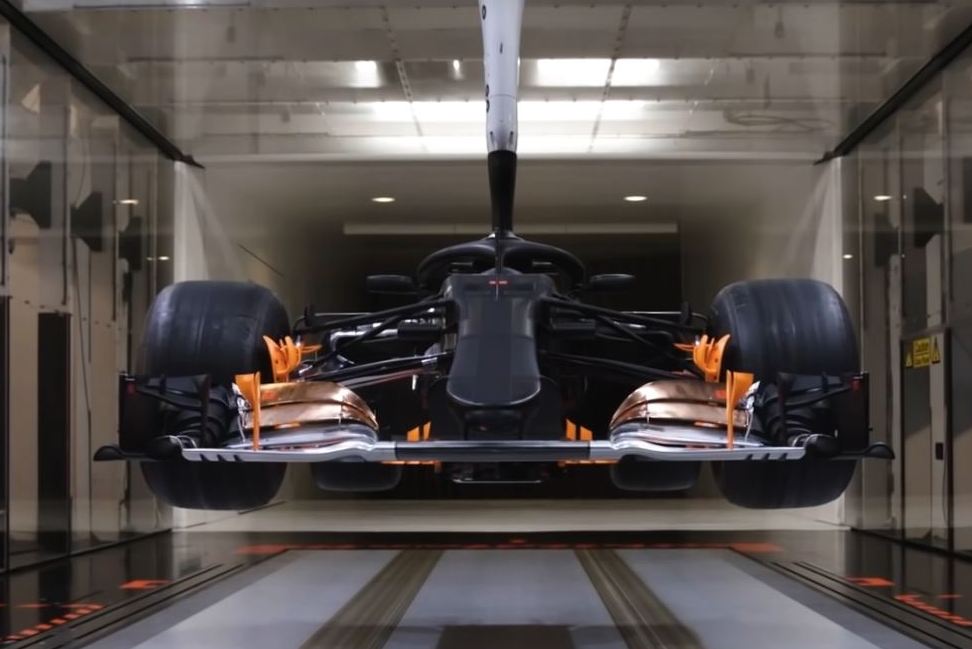
©Mercedes
"It's good to have regulation and encourage us to push the limit of CFD capability," he acknowledged. "So I'd be very receptive to regulations that change the balance.
"It is certainly possible to make a safe, fast car without a wind tunnel," he said. "But the industry is so good at wind tunnel testing.
"It's not something that we need to ban, you certainly can phase it down to a much lower investment level." Even the environmental arguments for banning wind tunnels could be mitigated, in Melvin's view.
"The most effective discussions on environmental responsibility are those that are complete and inclusive, so we shouldn't just pick on the wind tunnel.
"It's quite achievable to have very decarbonised power and be sustainable," he said. "We should talk about our all of our activity as an industry and our source of power."
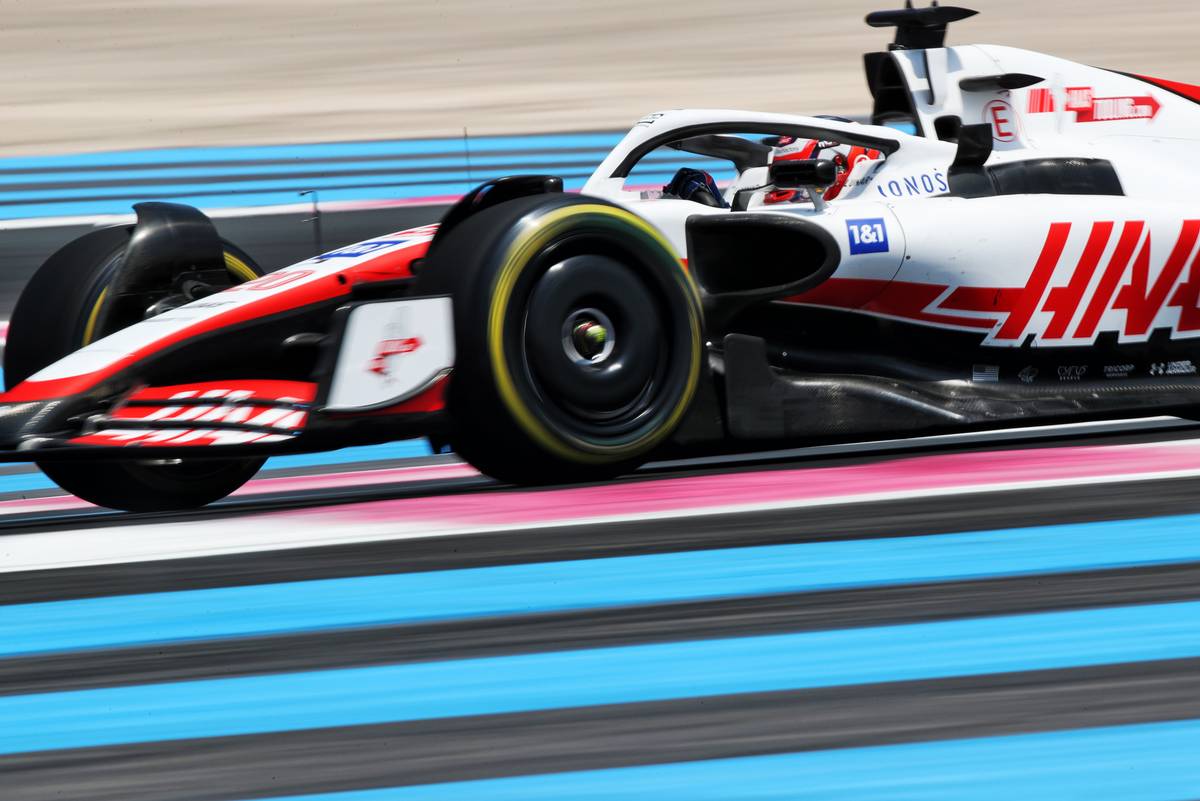
Melvin argued that banning wind tunnels could alter the fundamental nature of the cars, and therefore of the F1 championship itself.
"There are fast race cars that have very little wind tunnel testing, but that's not F1," he insisted. "We have to keep in mind what the series wants to be.
"These cars are very refined, and we get a substantial lap time from this refinement," he noted. "The regulations will have to change to allow us to be as thorough as we are now."
Gallery: The beautiful wives and girlfriends of F1 drivers
Keep up to date with all the F1 news via Facebook and Twitter





